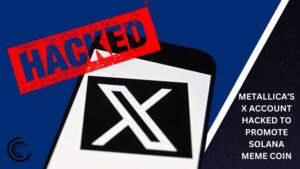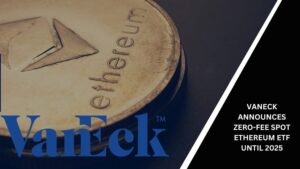Key Takeaways:
- Montenegro’s High Court will reconsider Do Kwon’s extradition to the U.S. or South Korea.
- Kwon, arrested in Montenegro for using falsified documents, faces charges.
In a significant turn of events, Montenegro’s High Court will once again deliberate on the extradition of Do Kwon, the co-founder of Terraform Labs, following a successful appeal by his legal team.
The court is tasked with deciding whether to extradite Kwon to the United States or South Korea, both of which have sought his extradition due to his alleged involvement in a massive fraud case.
The case was returned to the High Court after the Appeals Court of Montenegro annulled an earlier decision, highlighting the need for a retrial and further deliberation. Kwon’s legal team had appealed against the High Court’s initial ruling, leading to the decision being overturned and sent back for reconsideration.
For months, both Seoul and Washington have been vying for Kwon’s extradition, accusing him of a central role in the downfall of Terraform Labs, which led to a $40 billion loss for investors and shook the global cryptocurrency markets.
Despite earlier court decisions seemingly paving the way for his extradition, the Appeals Court’s recent ruling has introduced new complexities into the process.
Currently, Kwon remains in Montenegro, where he was arrested in March 2023 for attempting to travel with falsified documents. He has nearly completed a four-month prison sentence for using a fake Costa Rican passport.
His legal team has been actively appealing to delay the extradition process, with the final decision now resting with Montenegrin authorities.
In a related development, Kwon’s business partner, Hon Chang-joon, was extradited to South Korea earlier this year. Both men were detained at Podgorica airport as they attempted to board a flight to Dubai.
In April, a U.S. jury found Kwon and Terraform Labs guilty of fraud, with the SEC proposing penalties amounting to $5.3 billion. The collapse of Terraform Labs in 2022, triggered by the instability of its algorithmic stablecoin TerraUSD (UST), resulted in significant financial losses and several bankruptcy filings. The SEC has been in talks with Montenegrin authorities to enhance cooperation on financial regulation and investor protection.
Montenegrin law prioritizes the country that submits the first extradition request. However, the High Court has emphasized the need to ensure that any consent for extradition is given voluntarily and with full awareness of its consequences. The ongoing legal proceedings have seen varying interpretations of the extradition requests from South Korea and the United States.
As Montenegro’s High Court prepares to make its decision, the crypto community and international regulators are closely watching the developments. The outcome of this case will not only determine Kwon’s fate but also set a precedent for how similar cases might be handled in the future.






